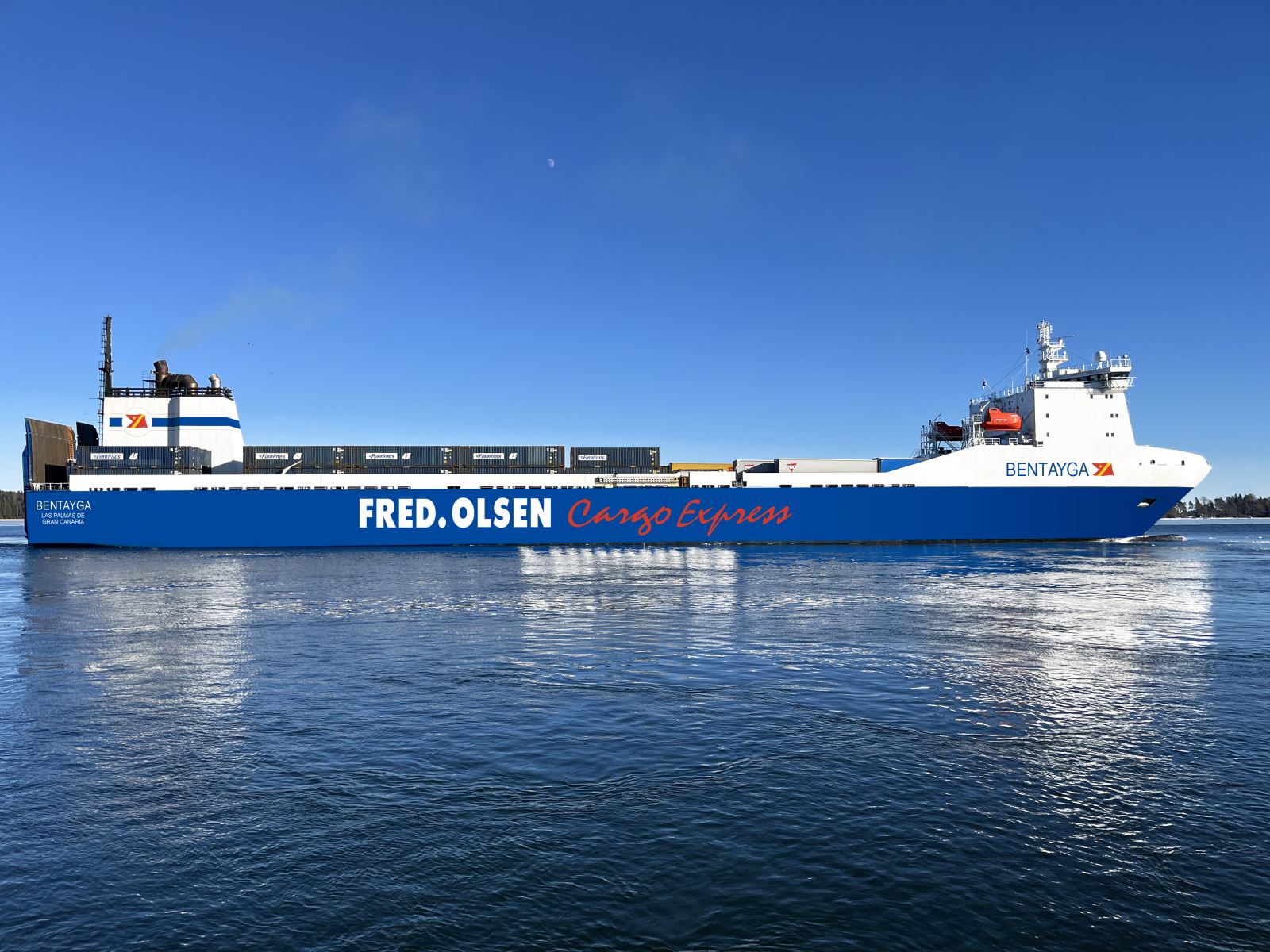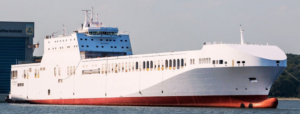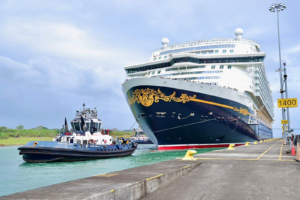The Canary Island ferry operator Fred. Olsen confirms the incorporation of two new ships that will allow it to expand and optimize its cargo transport service, thus guaranteeing its capacity to supply the archipelago.
The first vessel is expected to be operational at the beginning of May, between Gran Canaria and the eastern islands, as part of a commitment that will offer numerous advantages and comprehensive logistics for the personalised transport of goods, depending on the customer’s needs.
These two new Ro-Ro ships are sister ships with 163 meters length and more than 1800 linear meters capacity for equivalent to about 120 rolling cargo units plus the possibility of transporting containers on their upper deck. The two ships have a service speed of more than 20 knots and with a great manoeuvrability thanks to the transverse propellers installed at the bow and stern of the ship.
The company says that the two RO-ROs vessels will be used exclusively for the transport of cargo, mainly ro-ro cargo, and will provide a daily service, with optimised schedules, according to the characteristics of the journeys.
Fred. Olsen will begin to offer cargo customers on these routes the possibility of transporting the uncoupled unit loads, without the need for the tractor units and their drivers to travel. In this way, carriers will be able to organize their resources more efficiently, coordinating with the shipping company for their stowage and picking up their goods directly at the destination ports.
Andrés Marín, CEO of Fred. Olsen, says that “The two new ships will allow us to better meet the high demand for this type of service that we have in the Canary Islands. We are aware of the particularities of our territory and the crucial role played by maritime connectivity in the supply of the different islands. It is important to bear in mind that, being an archipelago and due to the complexity of the movement of most cargoes in terms of weight, dimensions or quantity, it is only thanks to maritime transport that we can ensure the arrival of sufficient stocks of goods”.



